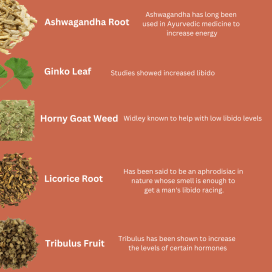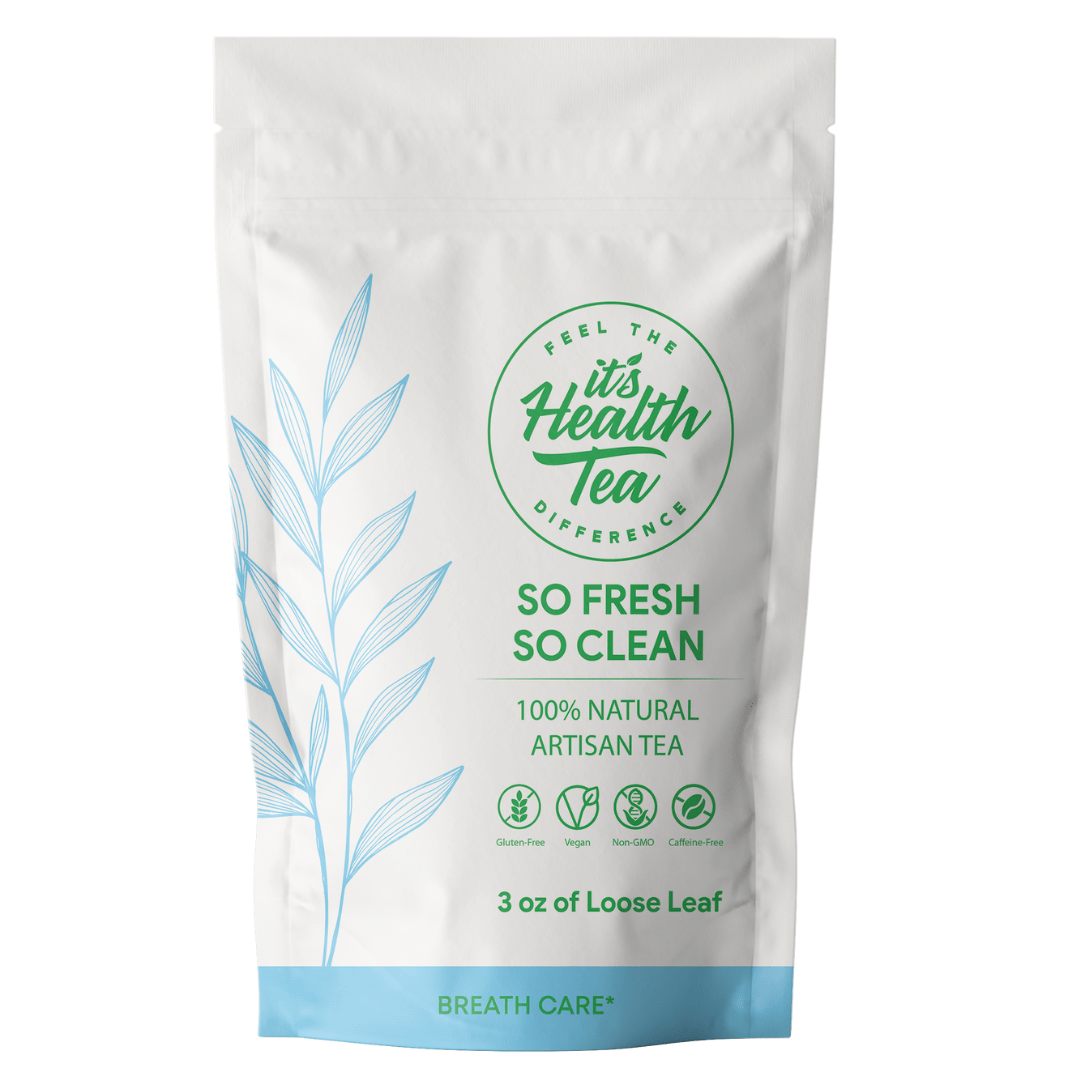Testosterone is a vital hormone in men that is responsible for various physiological and behavioral functions such as muscle development, bone density, sex drive, and mood regulation. However, over the past few decades, there has been a growing concern about the decreasing levels of testosterone in men. According to a study published in the Journal of Clinical Endocrinology and Metabolism, testosterone levels have decreased by about 1% per year among men aged 30-79 in the United States since the 1980s. This trend is not limited to the US but has been observed in other countries as well.
So, what is causing the decrease in testosterone levels in men? There are several factors that could be contributing to this phenomenon. In this article, we will explore some of the reasons behind the declining levels of testosterone in men.
- Lifestyle changes: One of the major factors contributing to the decrease in testosterone levels in men is lifestyle changes. The modern lifestyle is characterized by high stress levels, sedentary behavior, and unhealthy dietary habits, all of which have been linked to lower testosterone levels. For instance, a study published in the Journal of Endocrinological Investigation found that men who followed a Western diet, which is high in processed foods and refined sugars, had lower testosterone levels than those who followed a Mediterranean diet, which is rich in fruits, vegetables, and healthy fats.
Similarly, lack of physical activity has also been associated with lower testosterone levels. A study published in the International Journal of Sports Medicine found that men who were physically active had higher testosterone levels than those who were sedentary.
- Environmental toxins: Another major factor contributing to the decline in testosterone levels in men is exposure to environmental toxins. There are various toxins in the environment, such as pesticides, herbicides, plastics, and industrial chemicals, that have been linked to lower testosterone levels in men. For example, a study published in the journal Environmental Health Perspectives found that exposure to phthalates, which are commonly found in plastics, was associated with lower testosterone levels in men.
Similarly, exposure to pesticides and herbicides has also been linked to lower testosterone levels. A study published in the journal Reproductive Toxicology found that men who were exposed to high levels of pesticides had lower testosterone levels than those who were not exposed.
- Obesity: Obesity is another factor that has been linked to lower testosterone levels in men. According to a study published in the Journal of Clinical Endocrinology and Metabolism, obesity is associated with lower testosterone levels in men. This is because obesity leads to increased levels of estrogen, which inhibits the production of testosterone.
Moreover, obesity is also associated with insulin resistance, which can also lead to lower testosterone levels. A study published in the journal Diabetes Care found that men with insulin resistance had lower testosterone levels than those without insulin resistance.
- Aging: Aging is a natural process that is associated with a decline in testosterone levels in men. According to a study published in the Journal of Clinical Endocrinology and Metabolism, testosterone levels decline by about 1% per year after the age of 30. This decline is due to the fact that the testes produce less testosterone as men age.
Moreover, aging is also associated with an increase in sex hormone-binding globulin (SHBG), which binds to testosterone and reduces its bioavailability. This further contributes to the decline in testosterone levels in older men.
- Medical conditions: There are several medical conditions that can lead to lower testosterone levels in men. For instance, diabetes, liver disease, and chronic kidney disease have all been linked to lower testosterone levels. Additionally, certain medications such as opioids, glucocorticoids, and antipsychotics have also been associated with lower testosterone levels.
In conclusion, while the declining levels of testosterone in men are a concerning issue, there are steps that men can take to maintain healthy testosterone levels. By adopting a healthy lifestyle, reducing exposure to environmental toxins, addressing medical conditions, and seeking professional guidance when necessary, men can take control of their testosterone levels and overall health.
Here is the good news…MOTHER NATURE HAS YOUR BACK when it comes to helping boost testosterone levels the natural way. With our BDE blend for mens energy & stamina, we take vital herbs and blend them for one complete cup of tea to help!









